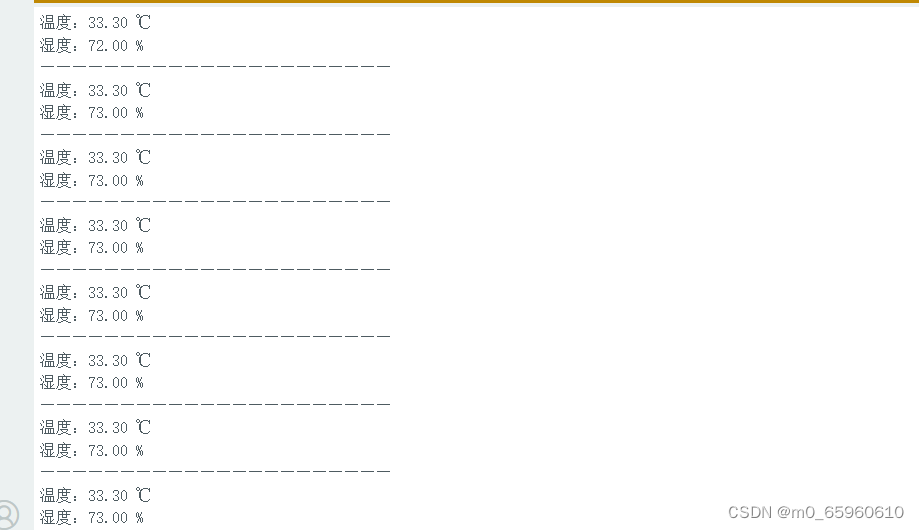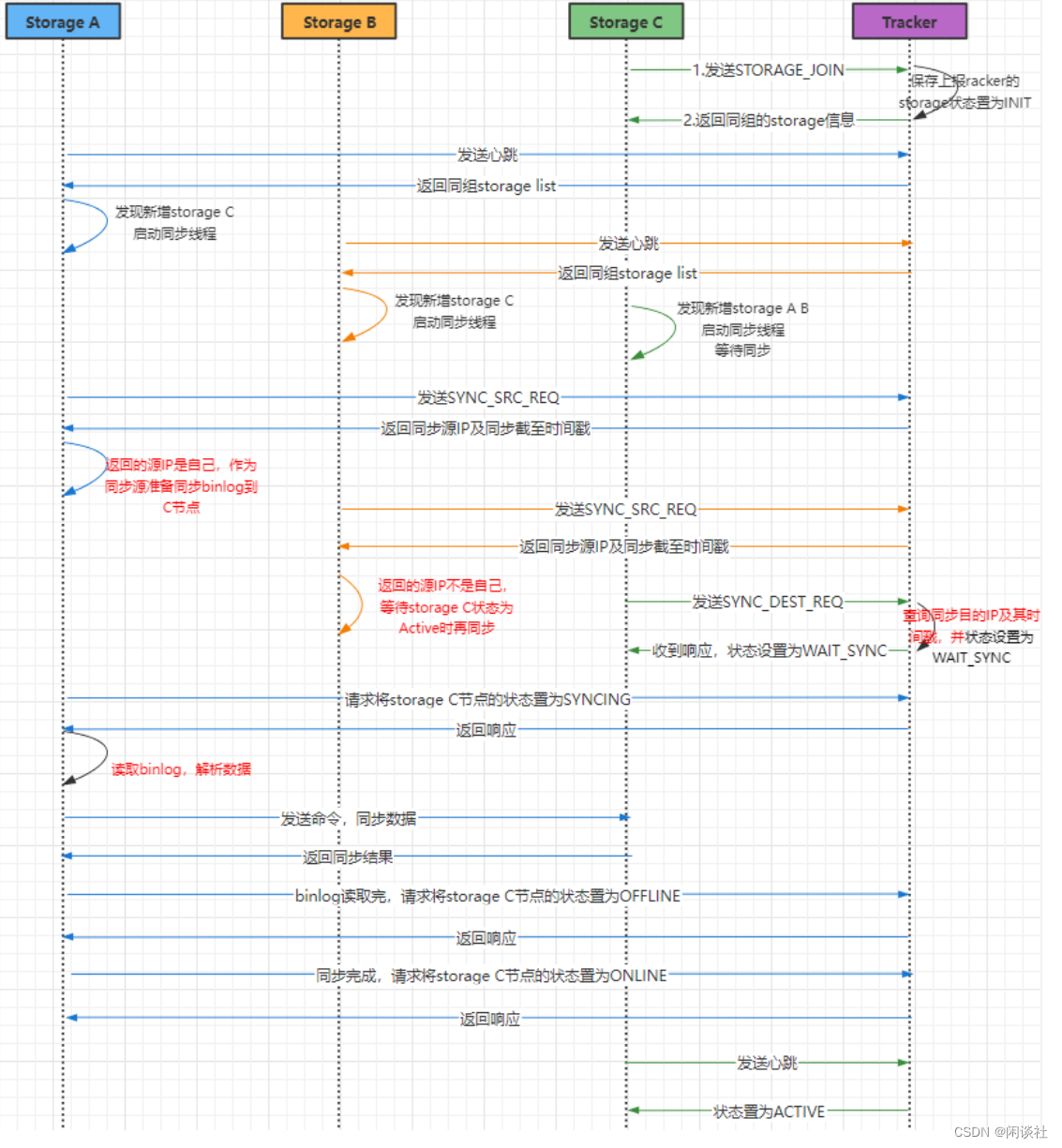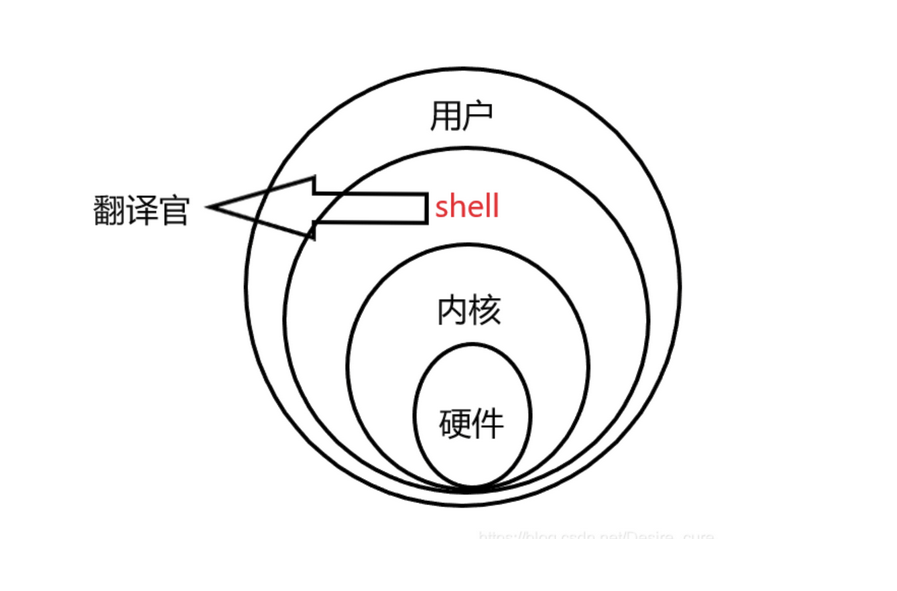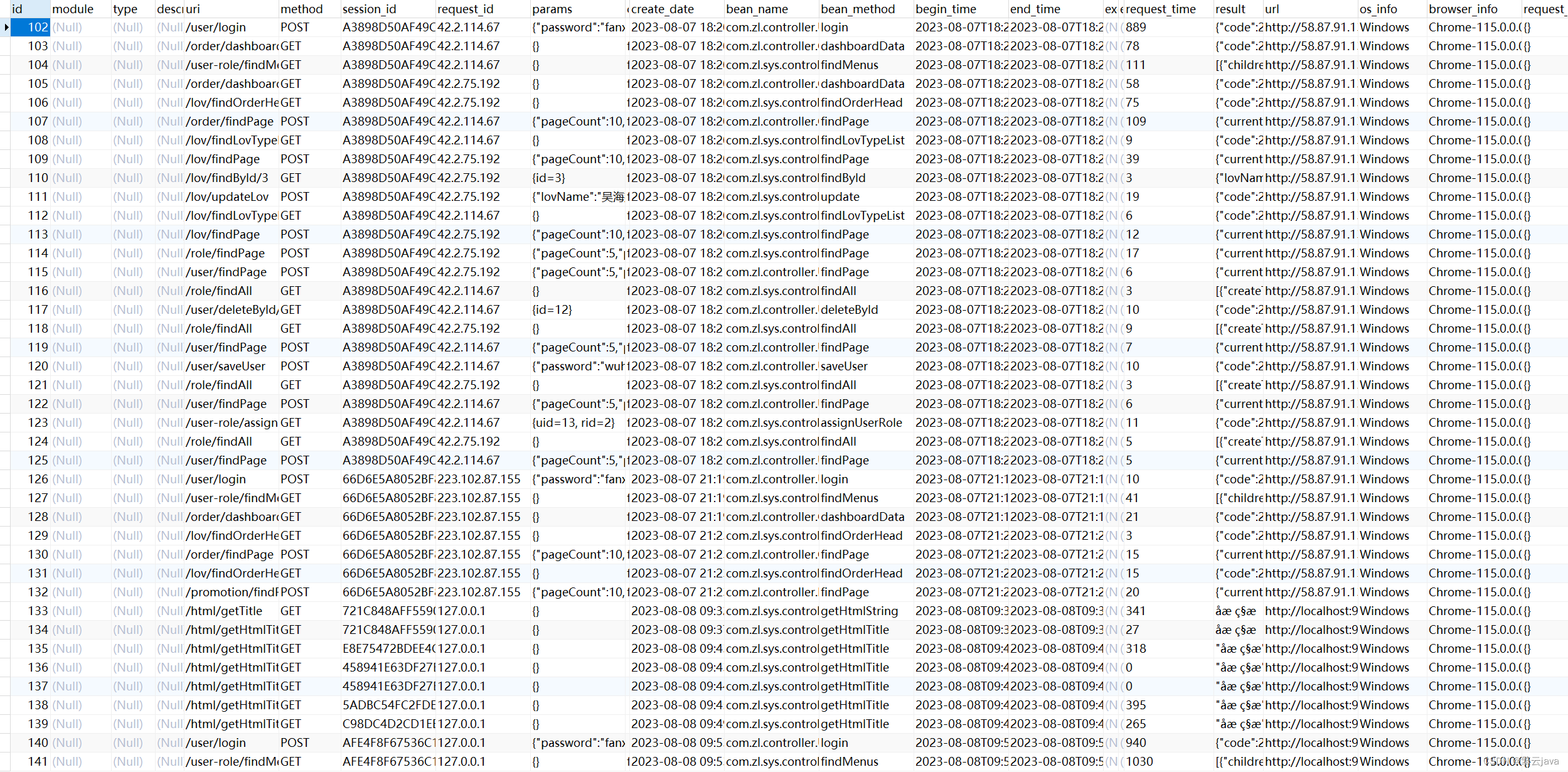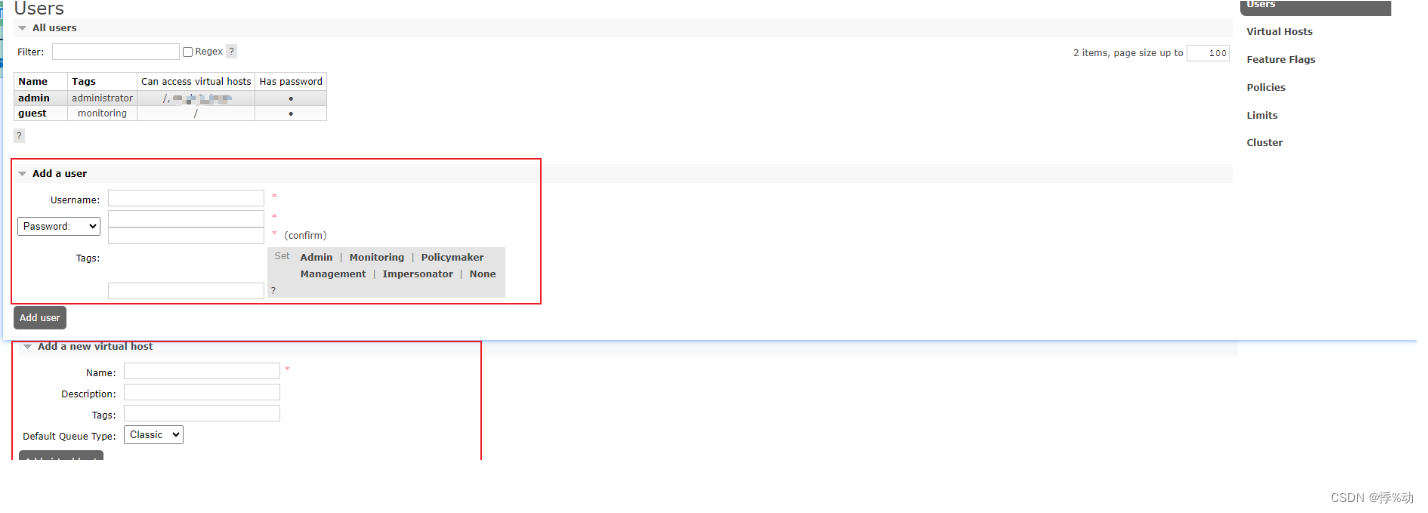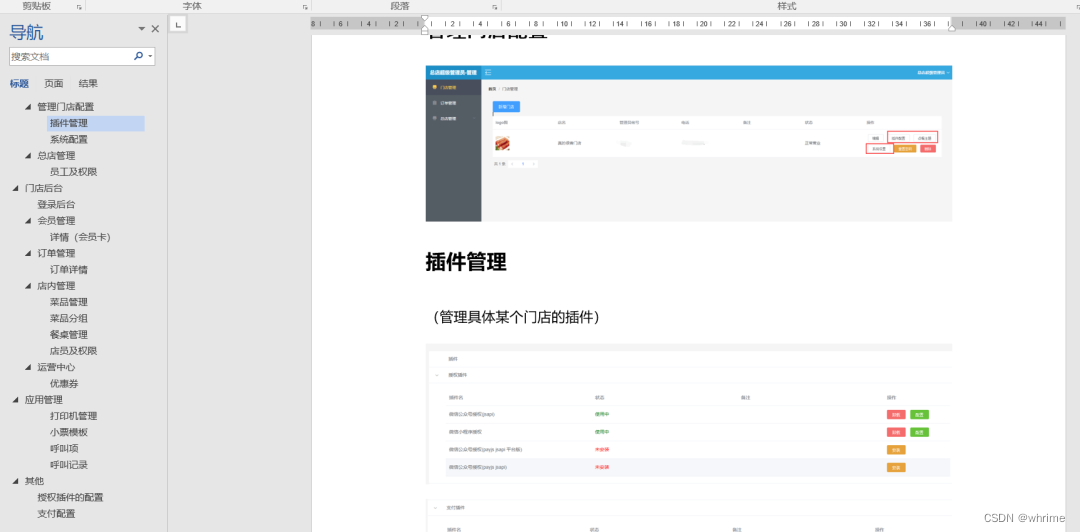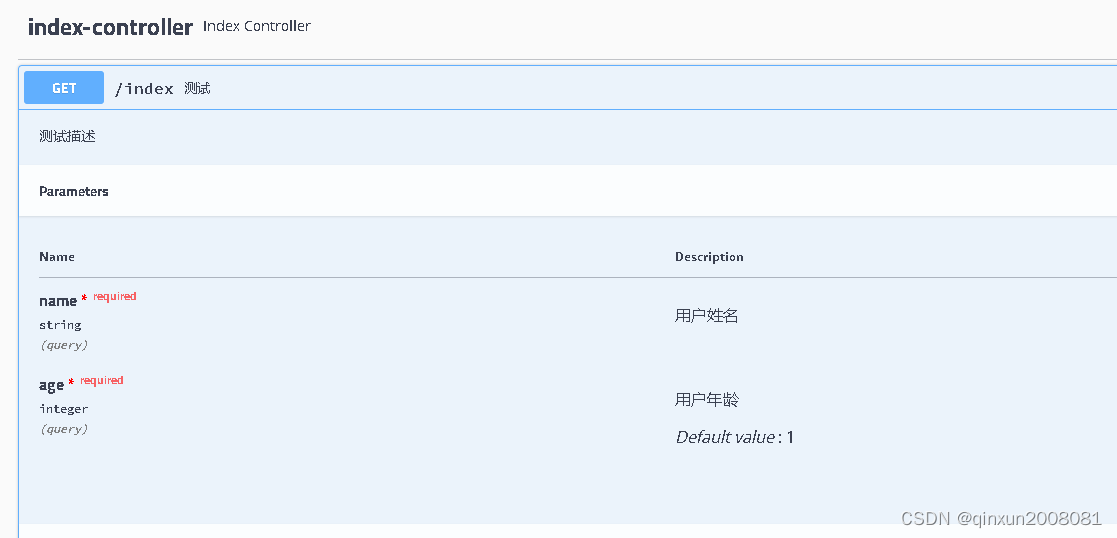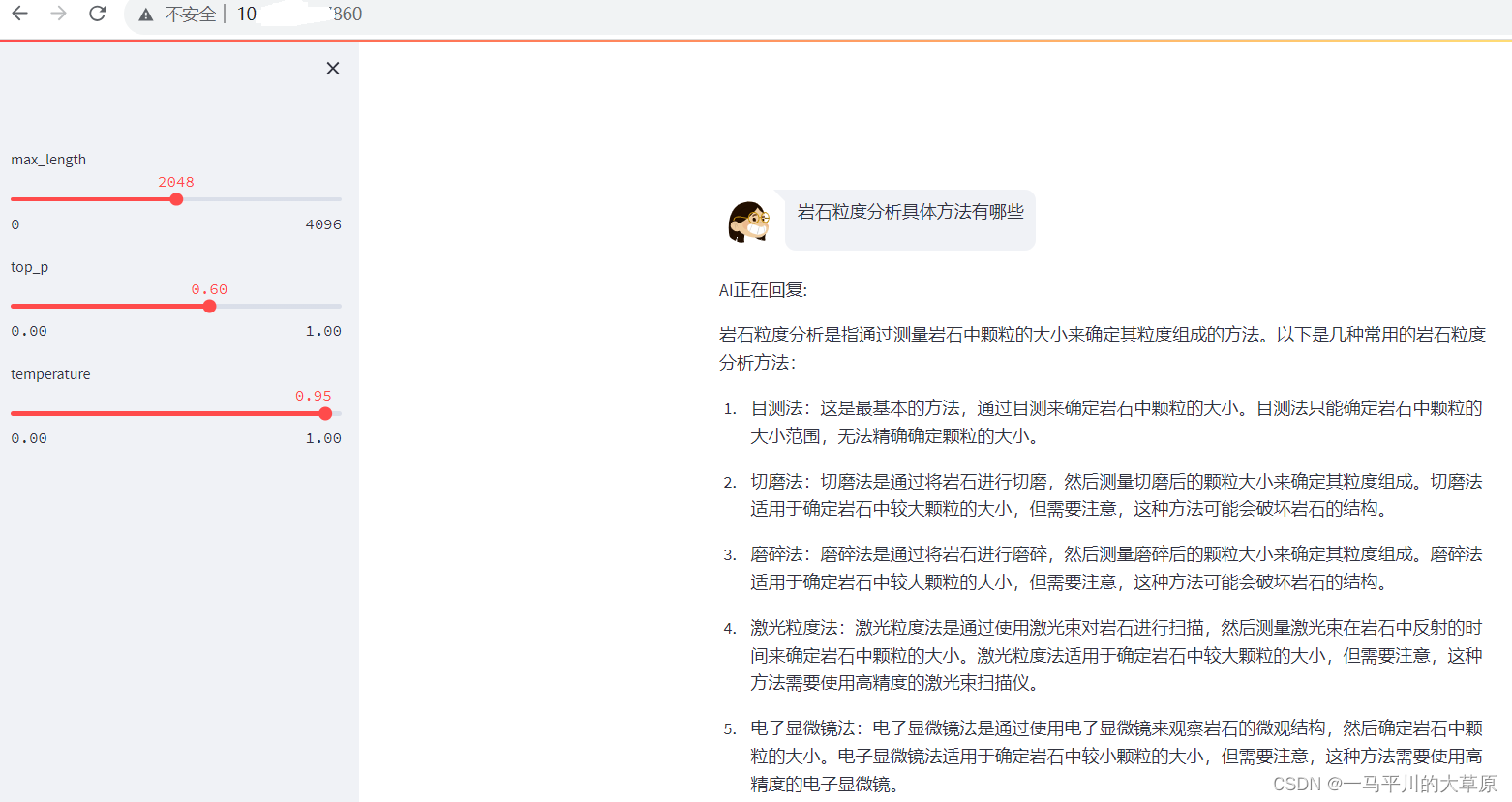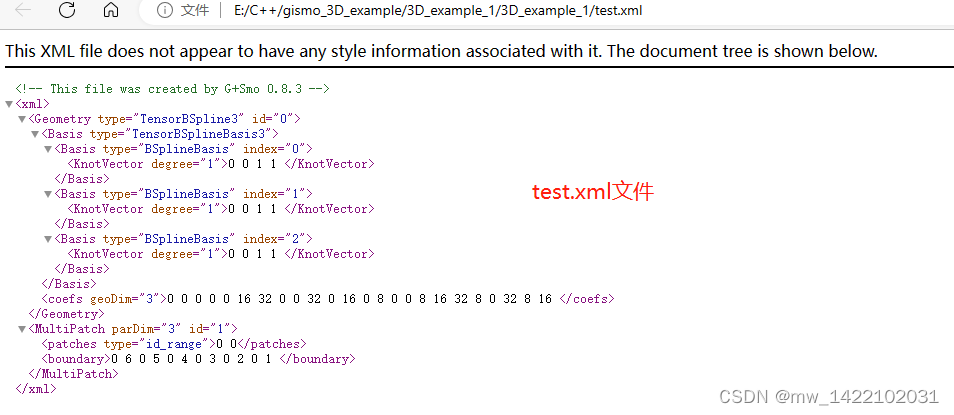数据管理模块设计之前,我们需要先明确该模块的信息是用来做什么的。根据上文分析该模块信息主要用于判断一个文件是否需要备份,判断条件有两个:1.新增文件 2.被修改过的文件
新增文件好判断,由于我们获得新文件后是先上传文件,再将文件信息插入到数据管理模块中,模块里没有存储该文件信息,则该文件为新增文件
而第二个判断修改文件,我们会设定一个文件的唯一标识,类似于之前服务端构建http协议的ETag关键字,该标识由 文件名-文件大小-文件最后一次修改时间 构成
由上可得,我们文件信息表中需要存储的信息只有两个:文件名-唯一标识
因此内存中存储文件信息表我们选择用unordered_map存储这对KV(文件名-文件唯一标识)值
而对于持久化存储,关键点在于自己完成序列化和反序列化,不过由于存储信息简单因此序列化和反序列化也比较简单,我们序列化方式如下

反序列化则是写一个字符串拆分函数,先拆除一个一个的KV键值对,在将KV值分离
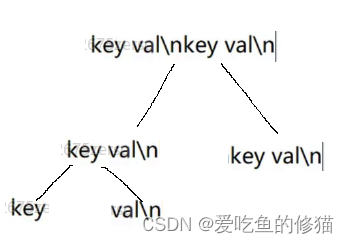
因此,我们接口设置如下
#pragma once
#include "util.hpp"
#include <unordered_map>
namespace mjw_cloud
{
class FileDatas
{
public:
FileDatas(const std::string& backup_file)
:_backup_file(backup_file)
{}
bool InitTable()
{}
bool Storage()
{}
bool Insert(const std::string& key, const std::string& val)
{}
bool Updata(const std::string& key, const std::string& val)
{}
bool GetoneByKey(const std::string& key, std::string* val)
{}
private:
//解析序列化字符串时需要
//字符串分割,对序列化字符串进行分割
//"key val key" -> "key" "val" "key"
int Split(const std::string& str, const std::string& seq, std::vector<std::string>* arry)
{}
private:
std::unordered_map<std::string, std::string> _table;//文件信息表
std::string _backup_file;//备份文件信息 存储文件
};
}代码实现如下:
#pragma once
#include "util.hpp"
#include <unordered_map>
namespace mjw_cloud
{
class FileDatas
{
public:
FileDatas(const std::string& backup_file)
:_backup_file(backup_file)
{
InitTable();
}
bool InitTable()
{
//1.从文件中读取备份文件信息序列化字符串
std::string body;
FileUtil fu(_backup_file);
fu.GetContent(&body);
if (body.empty()) return true;
//2.对字符串进行反序列化解析
std::vector<std::string> arry;
//"key val\nkey val\n" -> "key val" "key val"
Split(body, "\n", &arry);
for (auto a : arry)
{
std::vector<std::string> tmp;
//"key val" -> "key" "val"
Split(a, " ", &tmp);
if (tmp.size() != 0) continue;
_table[tmp[0]] = tmp[1];
}
return true;
}
bool Storage()
{
if (_table.empty()) return true;
//1.构建序列化字符串
std::string body;
for (auto& t : _table)
{
body += t.first + " " + t.second + "\n";
}
//2.将字符串写入指定文件
FileUtil fu(_backup_file);
fu.SetContent(body);
return true;
}
bool Insert(const std::string& key, const std::string& val)
{
_table[key] = val;
return true;
}
bool Updata(const std::string& key, const std::string& val)
{
_table[key] = val;
return true;
}
bool GetoneByKey(const std::string& key, std::string* val)
{
auto it = _table.find(key);
if (it == _table.end())
{
return false;
}
*val = _table[key];
return true;
}
private:
//解析序列化字符串时需要
//字符串分割,对序列化字符串进行分割
//"key val key" -> "key" "val" "key"
int Split(const std::string& str, const std::string& seq, std::vector<std::string>* arry)
{
int count = 0;
int pos = 0, idx = 0;
while (idx < str.size())
{
pos = str.find(seq, idx);
if (pos == std::string::npos) break;
arry->push_back(str.substr(idx, pos - idx));
idx = pos + 1;
count++;
}
if (idx < str.size())
{
//说明str还有最后一截字符串没有push_back进arry
arry->push_back(str.substr(idx));
count++;
}
return count;
}
private:
std::unordered_map<std::string, std::string> _table;//文件信息表
std::string _backup_file;//备份文件信息 存储文件
};
}

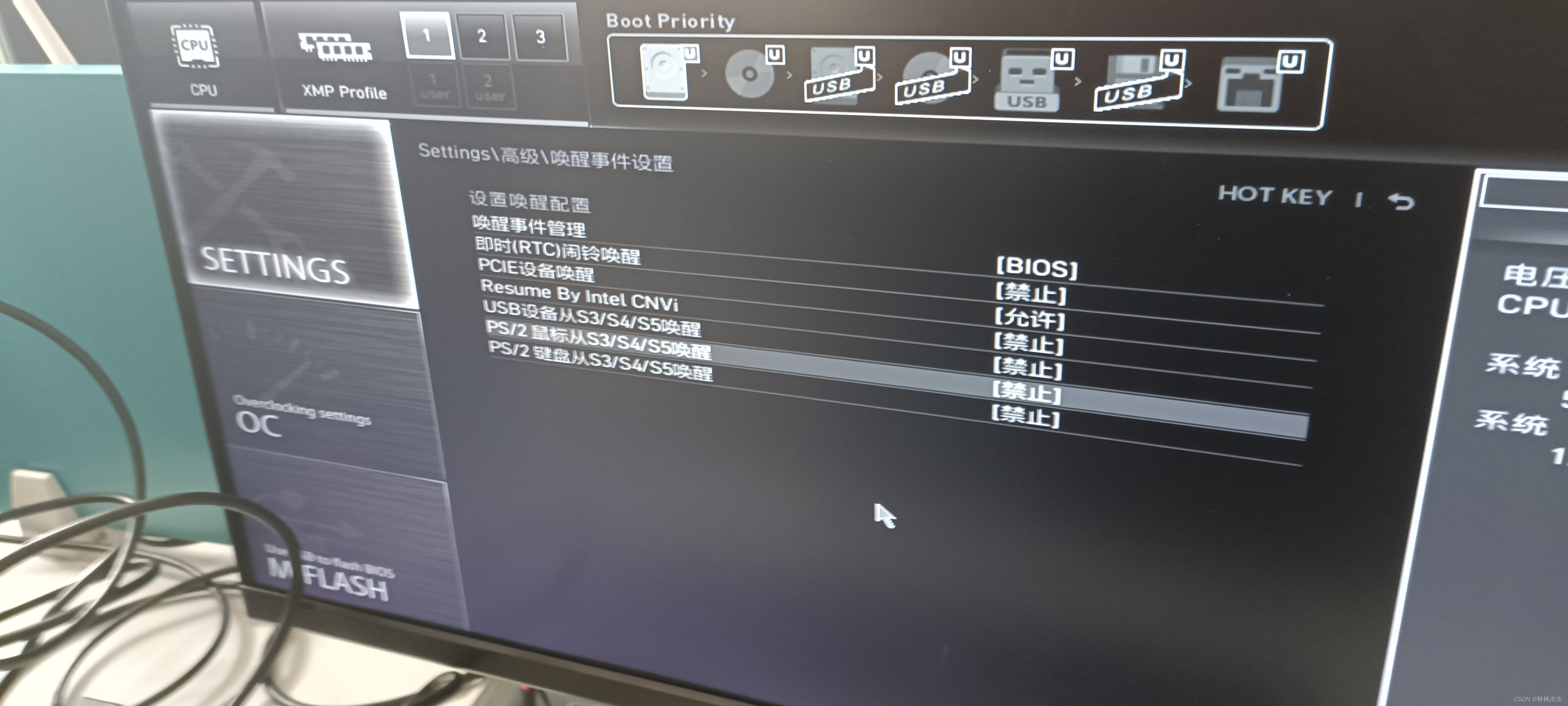
![磁盘分析 wiztree[win32] baobab[linux]](https://img-blog.csdnimg.cn/2183f97b8fa54e88a64681fa417a5a17.png)

